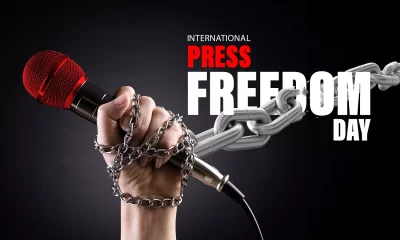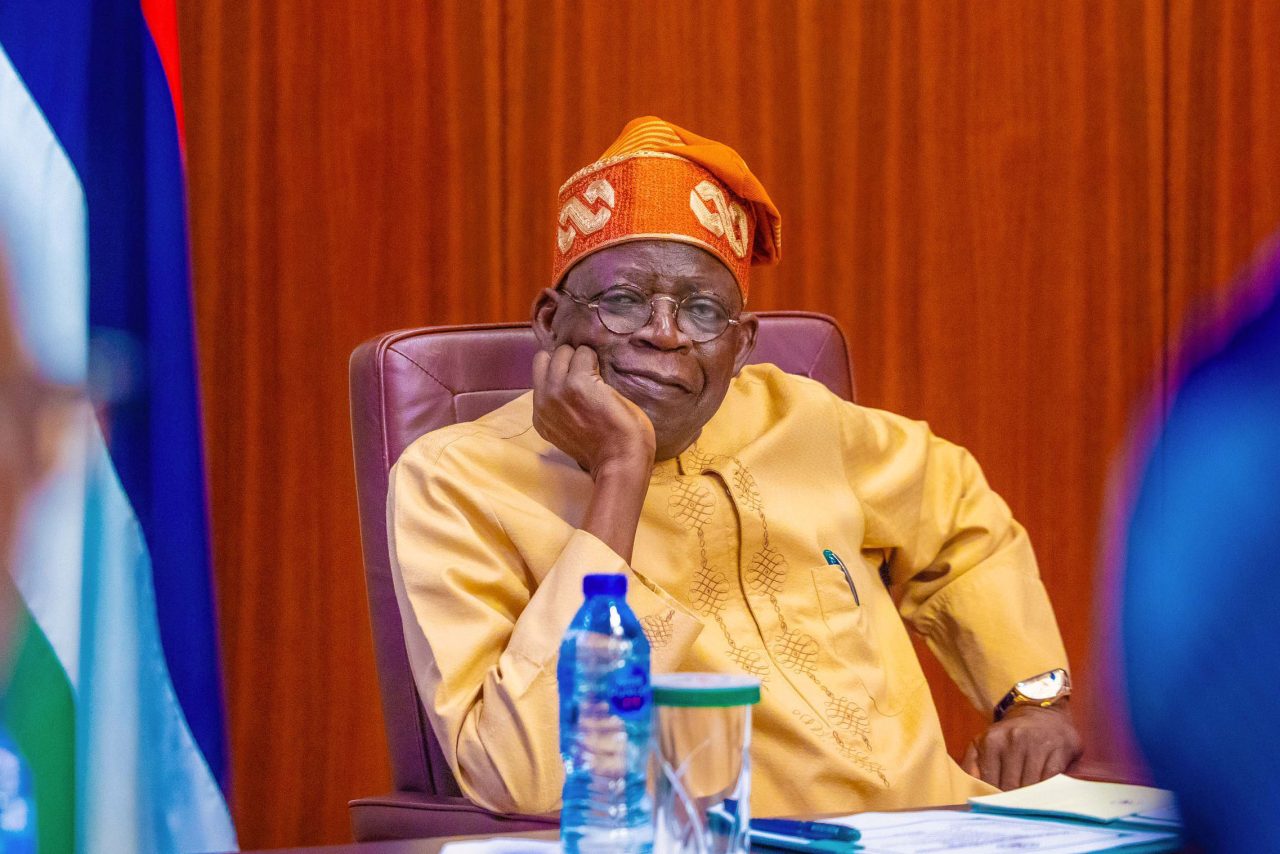Six months after the Nigerian government announced strategic measures to curb rising food prices, citizens are still grappling with exorbitant costs of basic food items, sparking frustration and skepticism about the effectiveness of the government’s interventions.
In July 2024, the Minister of Agriculture and Food Security, Abubakar Kyari, unveiled a series of measures aimed at reducing food inflation.
The initiatives, announced via his verified X (formerly Twitter) account, included a 150-day duty-free import window for selected food items, suspension of tariffs, and tax exemptions for commodities like maize, husked brown rice, wheat, and cowpea.
The intervention was expected to stabilize prices within 180 days, ending on January 7, 2025. However, food inflation remains high, with many Nigerians seeing little to no improvement in affordability.
Data from the National Bureau of Statistics (NBS) paints a grim picture of Nigeria’s food inflation trajectory:
June 2024: Food inflation surged to 40.87 per cent in June 2024, up from 40.66 per cent in May. Meanwhile, a slight decrease was recorded in July to 39.53 per cent, followed by further reductions in August to 37.52 per cent and September 37.77 per cent.
Inflation also rose to 39.16 per cent in October, while food inflation stood at 39.93 per cent while overall inflation hit 34.6 per cent in November.
The rising cost of staples such as garri, yam, rice, and palm oil has left millions struggling to afford basic meals. This trend is exacerbating poverty, eroding purchasing power, and amplifying socio economic hardships.
READ ALSO: Arewa Youth alleges politicians exploiting Niger crisis to undermine Tinubu’s administration
In his New Year message, President Bola Tinubu acknowledged the country’s inflation crisis and vowed to bring relief through intensified efforts in food production and local manufacturing.
He pledged to reduce inflation to 15% by the end of 2025.
“We are resolute in our ambition to reduce inflation from its current high of 34.6% to 15%. With diligent work and God’s help, we will achieve this goal and provide relief to all our people,” Tinubu said.
Despite these assurances, experts and citizens have raised concerns about the lack of visible progress.
Economic and agricultural experts have identified multiple factors undermining the government’s policies: Gbolade Idakolo, CEO of SD & D Capital Management, criticized the 150-day zero-tariff policy as a failed initiative due to bureaucratic inefficiencies.
“In a saner climate, those responsible for implementing such policies would have been held accountable. The policy timeframe should have been at least two years to allow for significant impact,” Idakolo stated.
Dr. Samson Simon, an economist at ARKK Economics and Data Limited, lamented the lack of prioritization for agriculture.
READ ALSO: NACCIMA urges Tinubu to prioritize tax reforms for economic growth
“Nigeria is at the bottom of the global food security index in terms of food availability and affordability. Agriculture remains underfunded and underdeveloped, with less than ₦1 trillion allocated to the sector in the 2025 budget,” Simon said.
He also linked recent stampede deaths in Ibadan, Anambra, and Abuja to rising food insecurity.
Simon highlighted insecurity as a significant barrier to agricultural productivity, with many farmers unable to access their lands due to fears of violence, kidnapping, or death.
“We must mechanize agriculture, improve research, and ensure security to enable farmers to work without fear,” he emphasized.
Experts have suggested a comprehensive approach to address Nigeria’s food inflation crisis, including increase in funding to agriculture, enhanced security and engaging state governments, private sectors, and international partners to drive food production and distribution.
As food inflation continues to strain households, Nigerians are calling for greater accountability from the government.
The failure of past interventions has deepened mistrust, with many questioning the administration’s commitment to tackling food insecurity.
“The poor masses don’t realize their power and how to demand better from leaders. Ethnic and religious biases often cloud their judgment, allowing non-performing leaders to remain in power,” Simon remarked.

 Comments and Issues1 week ago
Comments and Issues1 week ago
 Education1 week ago
Education1 week ago
 Comments and Issues1 week ago
Comments and Issues1 week ago
 Energy1 week ago
Energy1 week ago
 Comments and Issues7 days ago
Comments and Issues7 days ago
 Comments and Issues7 days ago
Comments and Issues7 days ago
 Football1 week ago
Football1 week ago
 Health6 days ago
Health6 days ago

